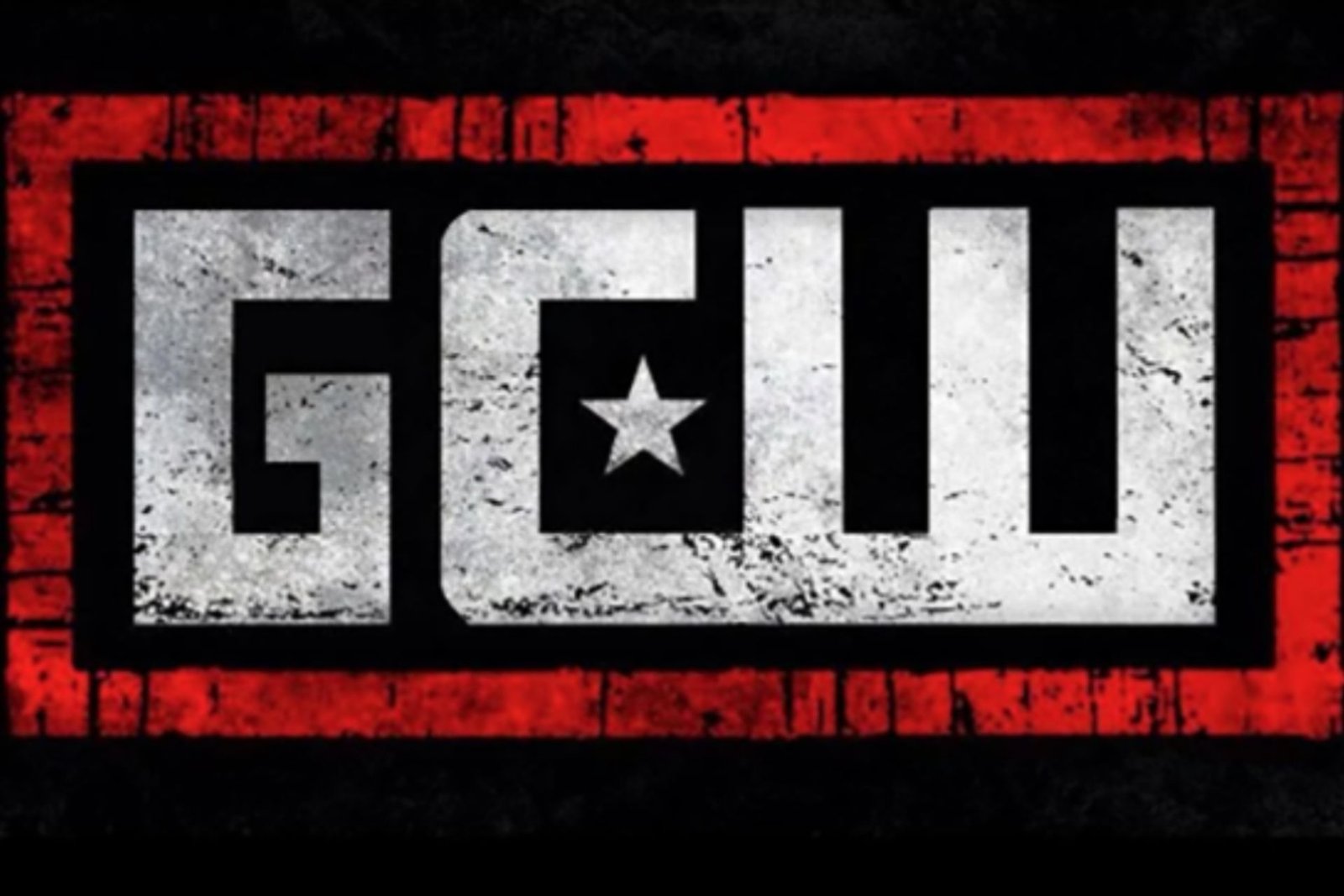Cyberattack on UNFI Sparks Whole Foods Shortages, Disrupts Food Supply Chain Nationwide
Massive breach at United Natural Foods Inc. leaves shelves empty at Whole Foods and disrupts deliveries across thousands of U.S. grocery stores

Table of Contents
Providence, June 12: A cyberattack on United Natural Foods Inc. (UNFI), one of the largest organic and natural food distributors in the United States, has caused widespread grocery shortages, leaving customers at Whole Foods and smaller co-ops scrambling to find essential items. The breach, confirmed on June 5, forced the company to shut down key systems, disrupting deliveries to thousands of stores and triggering a wave of logistical confusion across the country.
Shelves Empty, Orders Scrambled: Inside the Store-Level Fallout
At first glance, the shortages seemed like a routine hiccup. But within days, entire sections of Whole Foods stores began thinning out. Employees struggled to piece together shipments. One worker in Sacramento, speaking without authorization, described the situation bluntly: “It’s chaos. We’re getting pallets full of things we didn’t even ask for. And the stuff we do need? Just not showing up.”
In North Carolina, another employee shared a similar view. “Our sandwich station shut down Tuesday—no bread,” they said. “And trash bags? Nearly ran out. It’s not just food; it’s everything.”
This confusion isn’t limited to Whole Foods. Independent grocers, like the Community Food Co-op in Bellingham, Washington, issued public warnings to customers, advising them to limit purchases to avoid depleting stock entirely. “You’ll see sparsely stocked shelves in some of our aisles,” the store posted on Facebook earlier this week.
UNFI’s Systems Hit, Recovery Still Ongoing
In a formal disclosure to the Securities and Exchange Commission, UNFI confirmed the attack, noting that it had shut down several of its systems to contain the threat. The company began restoring some operations by June 11, but recovery remains gradual, with no specific timeline offered for full resumption of services.
UNFI declined to specify the nature of the cyberattack or whether it involved a ransom demand. What is clear, however, is that the disruption caught many off guard. According to a spokesperson, the company has enlisted forensic experts and federal authorities to investigate the breach and assess its long-term impact.
Financially, the blow was immediate. Shares of UNFI tumbled, losing almost 17% of their value in just two trading sessions—equivalent to around $300 million in market capitalization, as reported by MarketWatch.
A Choke Point in the Food Chain
UNFI isn’t just another wholesaler. The company supplies over 30,000 customer locations across North America and plays an outsized role in the distribution of organic and specialty foods. It is also a primary supplier to Whole Foods, which accounts for nearly a quarter of UNFI’s annual revenue.
The consequences of the breach didn’t stop at grocery shelves. C.R. England, a major trucking and cold-chain logistics firm, said the outage left its refrigerated shipments stuck in place. “I have three drivers sitting stuck because of this whole UNFI debacle,” said Caitlin Smith, a logistics coordinator. “And at the end of the day, it’s the customers who’ll pay the price.”
Signs Point to a Larger Cybersecurity Pattern
Though UNFI hasn’t named the perpetrators, cybersecurity analysts see familiar signs. According to experts from Google’s Mandiant division, a group known as “Scattered Spider” has been linked to a spate of recent attacks on major retailers, including Marks & Spencer, Harrods, and the Co-op in the UK. The group, comprised largely of young, English-speaking hackers, uses social engineering tactics to infiltrate systems—posing as IT staff or executives to gain access.
This same group was reportedly behind the Las Vegas casino breaches in 2023, and cybersecurity researchers believe it has shifted focus to American supply chains.
John Braley, director at the Food and Agriculture Information Sharing and Analysis Center, warns that the structure of the food industry makes it particularly susceptible. “Even a simple product like a granola bar can involve 10 or more companies in its supply chain,” he said in a statement. “When one part of that chain is hit, the effects cascade quickly.”
Business Strong, but Future Unclear
Ironically, the cyberattack came just as UNFI reported stronger-than-expected quarterly earnings. Net sales were up 7.5% year over year, reaching $8.06 billion, with adjusted earnings per share ahead of analyst forecasts. But the optimism quickly faded as the company withheld further financial guidance in light of the breach.
Compounding the pressure, UNFI is in the midst of a cost-cutting initiative that includes the closure of a New York distribution center, a move expected to eliminate over 700 jobs. This dual hit—an internal restructuring and a major cyber event—has thrown the company’s near-term stability into question.
What This Means for Shoppers—and the Industry
For everyday shoppers, the most immediate consequence is a limited selection at grocery stores. Many customers are now turning to alternative markets or stockpiling essentials out of concern. But the incident has broader implications.
Retail experts argue that a heavy reliance on centralized suppliers like UNFI may no longer be sustainable. The attack highlights the need for more resilient distribution models, diversified vendor relationships, and greater investment in cybersecurity across the food sector.
In the short term, UNFI and its partners are working to stabilize deliveries and bring shelves back to normal. But as supply chains grow more digitized, the question remains: How prepared is the food industry for the next digital attack?
New Jersey Times Is Your Source: The Latest In Politics, Entertainment, Lifestyle, Breaking News, And Other News. Please Follow Us On Facebook, Instagram, And Twitter To Receive Instantaneous Updates. Also Do Checkout Our Telegram Channel @Njtdotcom For Latest Updates.




